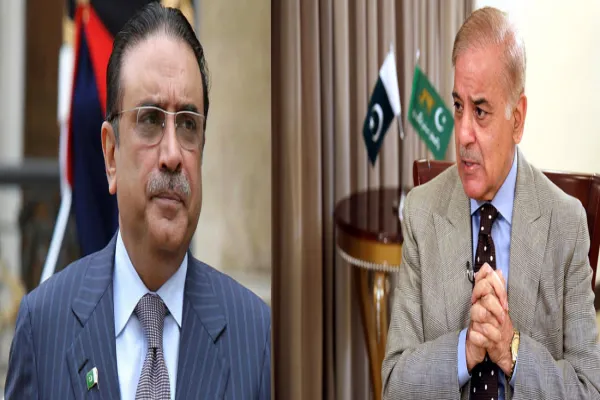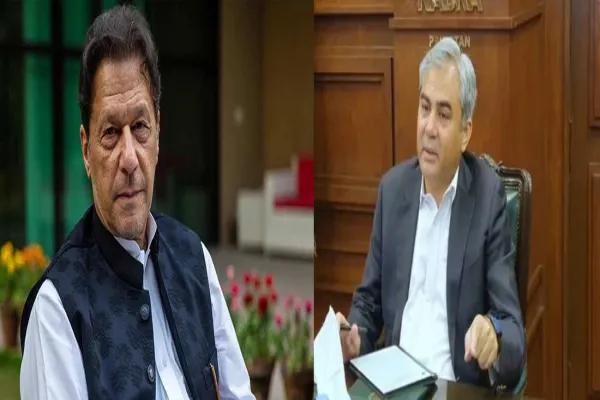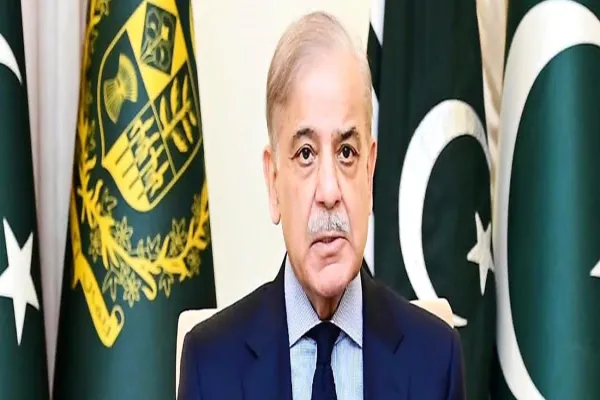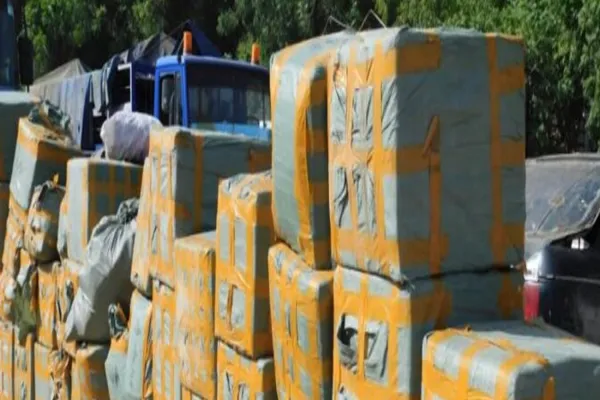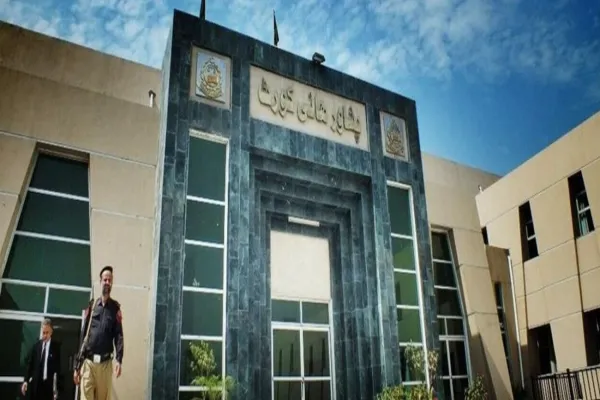i NEWS PAKISTAN
A policy dialogue convened by Pakistan- German Climate and Energy Partnership (PGCEP) and the Sustainable Development Policy Institute (SDPI) in Islamabad explored the economic, social, and environmental implications of early coal power plant retirement in Pakistan. The session, titled “Political Economy of Early Coal Retirement in Pakistan,” attracted stakeholders from government, civil society, and international organizations to discuss the challenges and potential solutions for transitioning to cleaner energy sources.
Mr. Sebastian Paust, Head of Development Cooperation at the German Embassy emphasized the importance of mitigating the negative social impacts of early coal retirement, drawing on Germany’s comprehensive approach that balances economic needs with environmental protection. “Germany's green policies offer a model for managing coal retirement with a focus on nature conservation,” Paust noted.
Ms. Sobiah Becker, Adviser, Pak-German Climate and Energy Partnerships (PGCEP) highlighted Pakistan's energy security needs, pointing to the significance of the power sector as both an employment generator and a driver of climate change. She explained that imported coal emissions exacerbate Pakistan’s climate crisis, stressing the need for a sustainable balance between energy security and environmental responsibility.
Mr. Shah Jahan Mirza, Managing Director, Private Power and Infrastructure Board, briefed about the ongoing efforts of the government to phase out inefficient thermal power projects, particularly those reliant on furnace oil. "Amid a tariff crisis and growing environmental concerns, we are phasing out inefficient power plants, though the cost of closing these projects is substantial," Mirza said. He also mentioned pointed to Pakistan’s commitments under the’ s Nationally Determined Contributions (NDCs)goal of increasing the renewable energy share to 60% b53% by 2030, acknowledging that the country's outdated transmission system requires urgent upgrades.
Mirza highlighted the success of the Thar Coal Power Plant in reshaping the local landscape. “The plant has significantly improved living conditions for displaced communities, providing new homes, community centers, and essential infrastructure,” he said. However, he also noted the high costs and challenges associated with shifting from coal to renewable energy, particularly given the country’s limited local gas reserves and seasonal variability of wind and solar power.
Mr. Malik Amin Aslam, Fformer Federal Minister for EnvironmentSpecial Assistant to the Prime Minister on Climate Change, expressed the dilemma Pakistan faces: “On one hand, we have an abundant coal resource—180 million tonnes for the next 200 years—while on the other, we are bound by global commitments to reduce emissions. This tension has intensified world over post-Russia-Ukraine war, as energy production through coal surged worldwide.” Aslam called for financial support, such as concessional loans, to facilitate Pakistan’s energy transition and reduce reliance on coal.
Mr. Badar Alam, CEO of Policy Research Institute for Equitable DevelopmenDevelopment (PRIED), focused on the environmental and social impacts in Thar, where coal mining has disrupted ecosystems and local livelihoods. “Air and water pollution from coal mines has severely affected livestock, wildlife, and human health,” Alam said. He emphasized the region's potential for solar, wind, and hydropower, calling for a shift to renewable sources before the environmental damage becomes irreversible. Dr. Khalid Walid, Research Fellow, SDPI underscored the importance of creating economic incentives for early coal retirement. He detailed the increasing pressure from global climate governance frameworks, such as the Paris Agreement, to decarbonize Pakistan’s energy sector. "As consumer demand rises and international trade restrictions tighten, there is an urgent need to balance accessibility, affordability, and sustainability in our energy planning," Dr. Walid said.
Ms. Haneea Issad, Energy Finance Specialist at IEEFA, said that concessional finance is a must to retire inefficient coal or fuel-based power plants as without adequate funding the transition of such power plants is a challenge. The retiring is incomplete without redefining those power plants into green energy sources. Pakistan however lacks such frameworks or policy maps that can guide the transition.
She further added that retiring a coal power plant immediately would require approximately $1.14 billion per plant. However, if the plant is retired after 10 years, the financing requirement could decrease to between $300 million and $500 million, as the plants would be nearing the end of their power purchasing agreements. By that time, the debt and return on equity would have been paid off. Prof. Dr. Majid Ali, Associate Professor at of USPCASE, NUST proposed coal gasification as a potential method to reduce emissions, though further research on water consumption is necessary.
The dialogue concluded with a call for a national coal retirement plan, capacity-building for renewable energy projects, and the establishment of a “Just Energy Transition” framework. Experts also highlighted the importance of financing mechanisms and integrated plannigplanning to ensure a smooth transition. In his closing remarks, Wolfgang Hesse, Cluster Coordinator Energy, Climate Change and Just Transition, stressed the need for practical solutions to the coal retirement challenge, acknowledging the complexity of evolving climate change jargons that complicates international negotiations. He emphasized that climate change is leading to significant losses and damages, particularly in economic terms. If these costs were factored into the price of coal, it would no longer be the cheapest energy source available. The discussion underscored the delicate balance between economic, social, and environmental factors as Pakistan grapples with its energy future, highlighting the urgent need for international support and strategic policymaking to achieve a sustainable transition.
Credit: Independent News Pakistan (INP)





